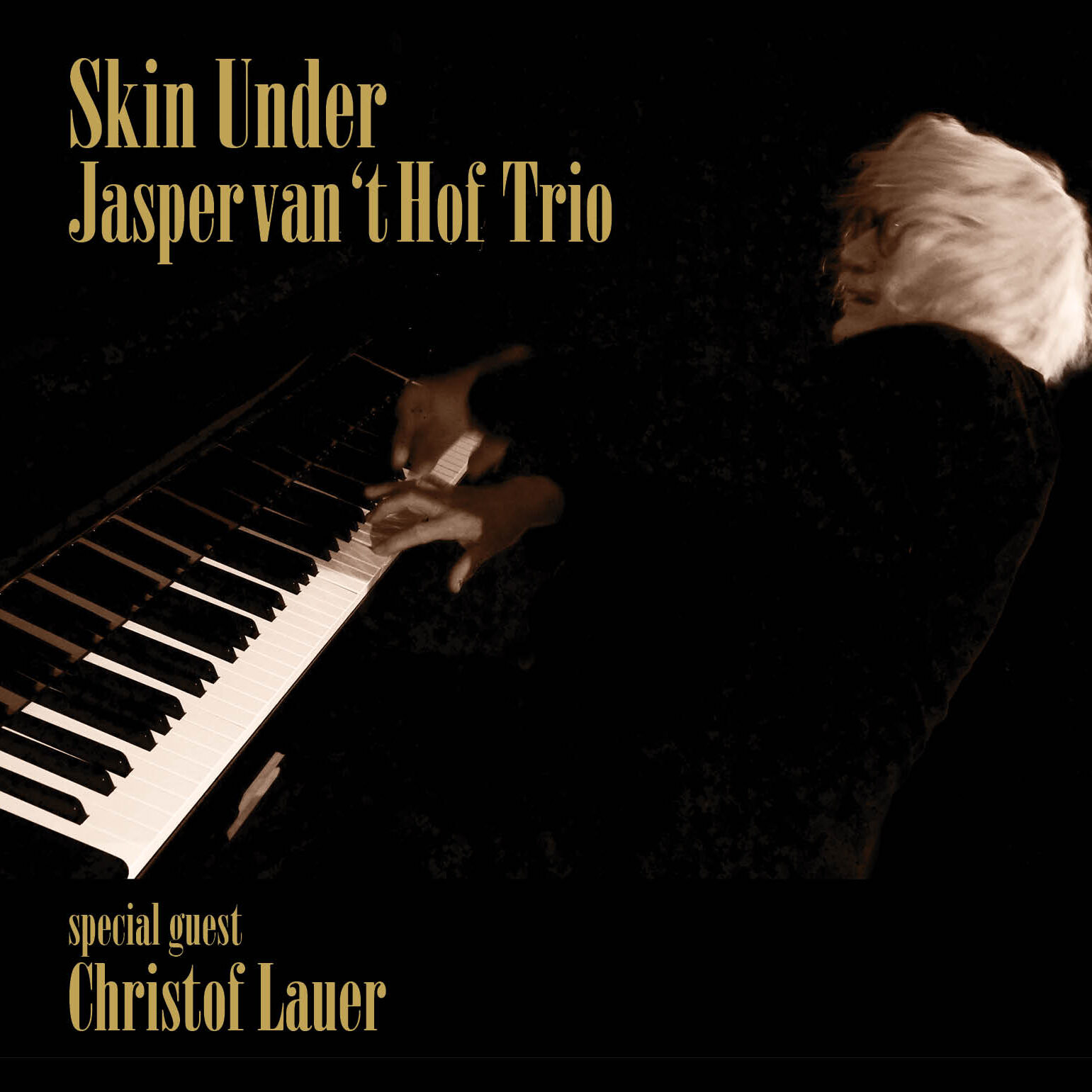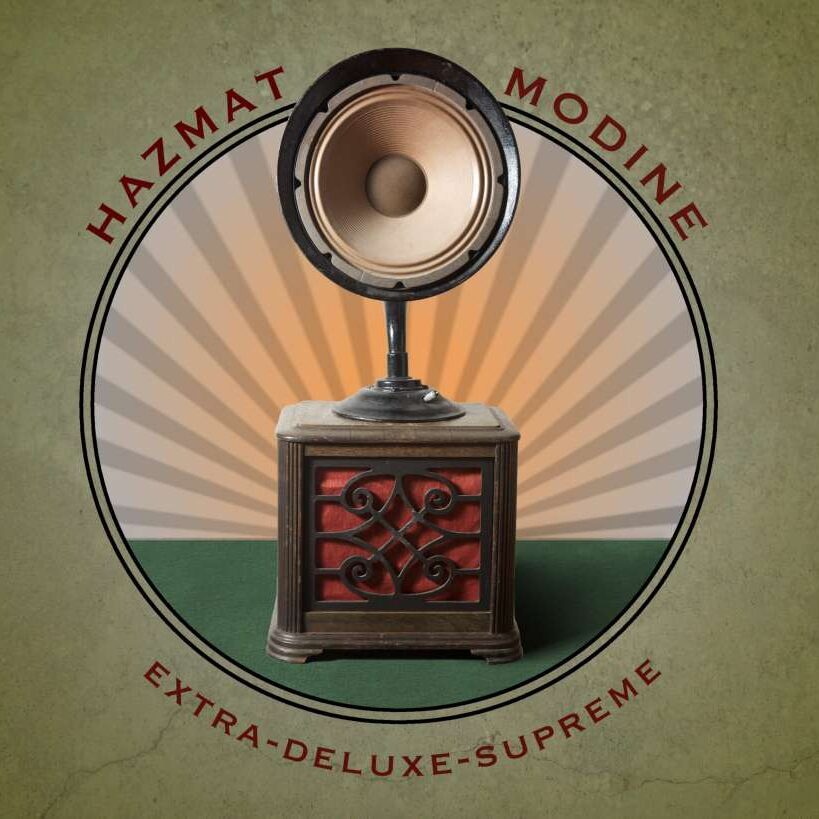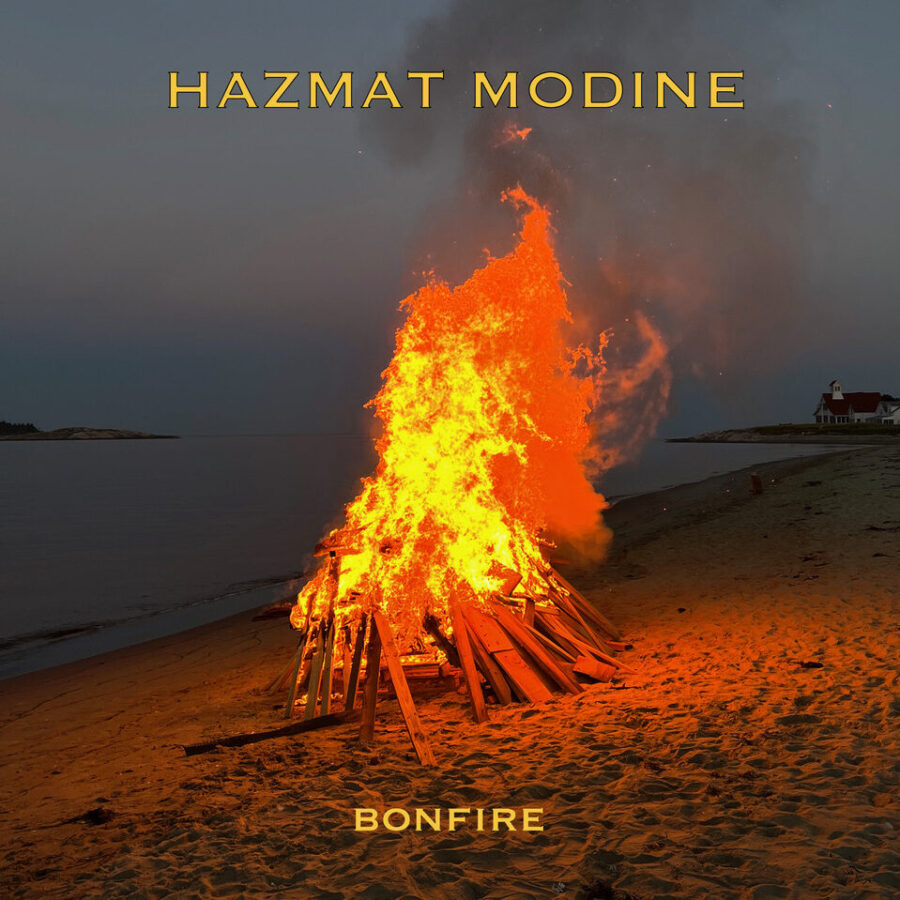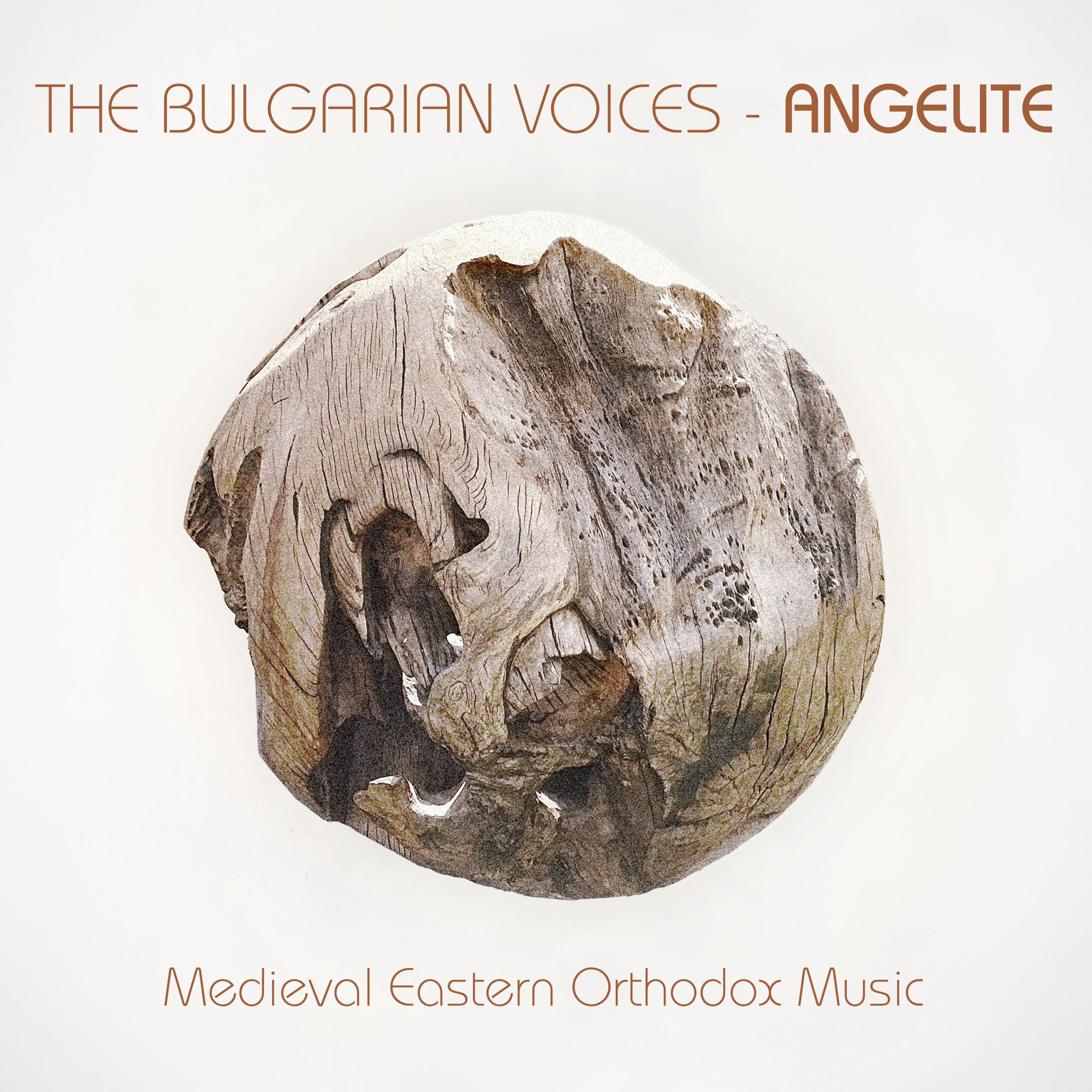[tabs style=”default”][tab title=”Info”]
Kykellia – or the story of Christmas
How does the pagan symbol of the birth of the sun find its way into a Christian Christmas carol from France? Why do the Canadian Huron Indians sing about Jesus’ birth? And how is it that in Bulgaria only boys aged between eight and twelve are allowed out of the house between midnight and dusk from 25th December to 6th January?
For at least 10,000 years humankind has celebrated and feared the winter solstice. In almost every culture on Earth whose ancient lore told of sun standing still this period has very great, and indeed magical significance. The origin of the festival is the primeval, human fear of increasing darkness and the recurrent anxiety as to whether nature would ever regain its fruitfulness. And so, the turn of the year also became a time of oaths and customs designed to appease the gods and drive out evil spirits.
One of the oldest winter rituals is the Egyptian festival of Kykellia, the festival that gave this extraordinary CD its title. On 25th December the ancient Egyptians celebrated the birth of the god of light, Horus, who was born of Isis in the darkness in order to awaken the murdered god of fertility, Osiris. The image of the mother god Isis with the young Horus on her lap became a prototype for depictions of Mary and the infant Jesus. At the time of Jesus’ birth Kykellia was celebrated not just in Egypt, but throughout the Mediterranean and Near East. Like the “raw nights“ of the Germanic tribes, it lasted 12 days, ending on 6th January, the day of the first sowing. From pagan Rome it spread out across all of Europe. The Christians subsequently adopted the tradition and ever since have celebrated the birth of the Saviour at this time.
With the advent of Christianity the Kykellia festival spread to the entire world. Missionaries carried the originally pagan custom to the remotest corners of the globe where, in turn, the Christian message melded with the religions and rituals myths and customs of the converted peoples. And so, still in the present day the Christmas period is not just a time for songs honouring Jesus Christ and the three kings: in song it has also partly remained a pagan spectacle. Symbols so familiar to us today, such as fireworks on New Year’s Eve, joss sticks and the pre-Christian Christmas tree, recall times long past in which demons were driven out with noise, houses protected by smoking out dark forces and the pleas issued to the gods to make the earth fruitful once more. And so when we light candles today, when our children sing to the glory of God, when we set our tables and decorate our homes with evergreens, we are following an ancient, pre-Christian impulse from thousands of years ago.
And Aquabella is lighting candles and bringing light into a time that is so full of wonderful rituals and significance. Their worldwide hunt for winter and Christmas songs took this female quartet from Germany to Bulgaria, Spain, Ireland, Latvia, France, Norway, Georgia, Russia, Israel, New Zealand, Argentina and North America. The souvenirs they brought back from this musical tour make up a wonderful collection of Christmas world music featuring fascinating songs which, although initially perhaps a little distant, always speak to us of home and find their way into our hearts.
[/tab][/tabs]




